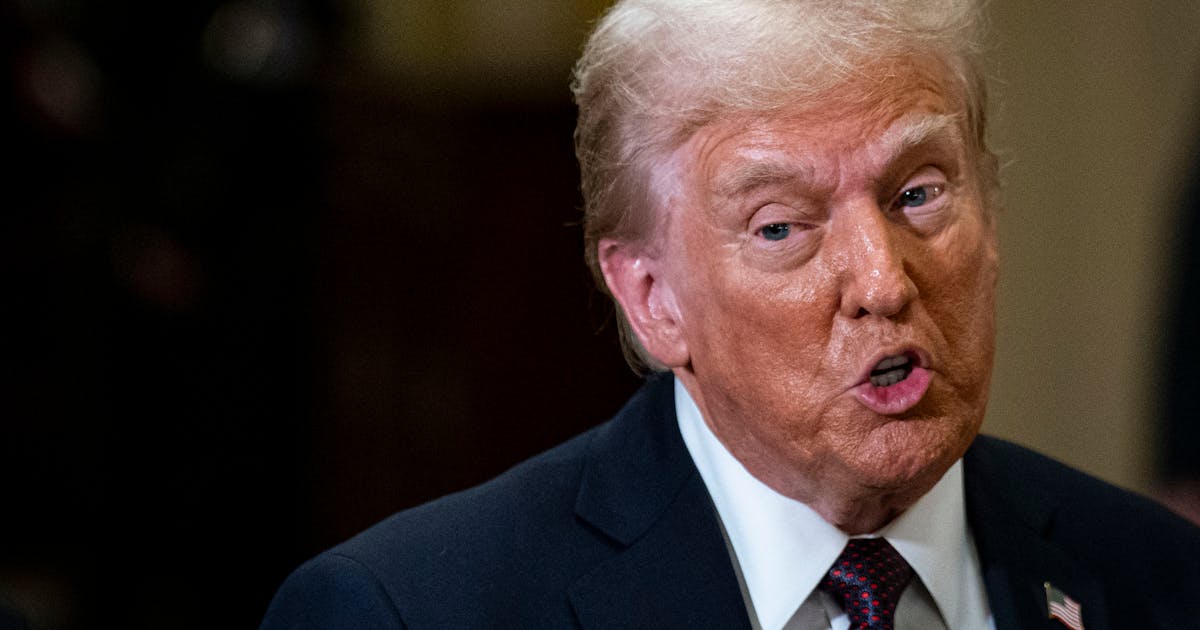- BitMEX, a major crypto derivatives exchange, was recently accused of allowing money laundering.
- The exchange allowed hackers and people from countries under sanctions to use it as they wished.
- Its CEO, as well as three co-owners, are all sought by the US authorities, with one already in custody.
Owners of one of the world’s biggest Bitcoin exchanges, BitMEX, have recently faced criminal charges which accuse them of using the exchange for laundering money and conducting other criminal activities. Now, BitMEX is far from being the first, or the only exchange to face such accusations. However, it is the first of the world’s biggest and most established exchanges to be accused of such things.
The US government searching for BitMEX’s owners and CEO
According to federal prosecutors in Manhattan, BitMEX’s CEO, Arthur Hayes, as well as three of the exchange’s co-owners — Samuel Reed, Gregory Swyer, and Benjamin Delo — were all indicted. Samuel Reed was already arrested yesterday in Massachusetts, while the others have yet to be located.
Are you looking for fast-news, hot-tips and market analysis?
Sign-up for the Invezz newsletter, today.
According to the accusations, BitMEX has apparently done little to limit its customers. The exchange was even warned of being used for laundering stolen funds by the hackers, citizens of countries under sanctions, and other issues that it was expected to resolve.
However, the indictment claims that the exchange did nothing, and that it simply made itself available for criminals and sanctioned countries, to be used at their convenience.
BitMEX’s relaxed attitude makes the authorities move against it
In recent days, BitMEX often found itself among the top 5 exchanges by trading volume, often processing over $1.5 billion per day. Besides that, both the exchange and its CEO were known for testing the boundaries in the crypto industry, which still remains largely unregulated.
BitMEX never cared much for introducing rules or restrictions since it was founded in 2014, unlike most other platforms. Its users took the opportunity, and many made very risky trades, or have taken massive loans that would otherwise be out of reach.
The exchange did not even introduce identity checks, thus allowing people from all over the world to use it as they wished. The first verification checks were only introduced in August 2020 — a little over a month ago. Hayes even opted to launch BitMEX in Seychelles, as bribing the regulators to leave the exchange alone was easier there.
This brought negative attention from the US government, which even put it under investigation last year.






